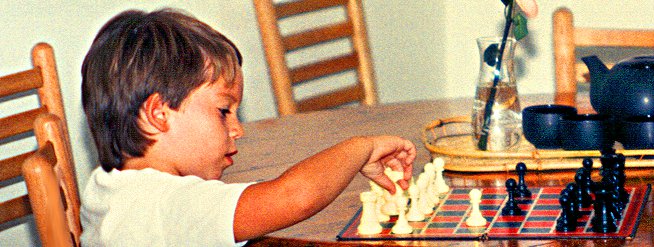Dr. Montessori writes in The Abosorbent Mind that a successful teacher must have, "a kind of faith that the child will reveal himself through work. She must free herself from all preconcieved ideas concerning the levels at which children may be."
I've had the opportunity to experience the hitches in having such prejudices against a child's age.
Every day after lunch, my lead teacher gathers to her table the older ones to whittle them with "big" worksheets. Once, early in the year, my director had all the almost-six-year-olds into her office for a competence test. She made excuse for the test by saying that when she was a teacher she would push-push-push the kids with difficult work and they would always succeed. It was a geometry worksheet. The child has to read the tiny print directions aloud, label with their own writing the geometric shapes (rhombus, trapezoid, etc.), and answer questions (How many sides does a Pentagon have?). My lead sent along her oldest boy for testing and he did well. He's an affable and disciplined little boy, whose parents own an ice cream shop. A few weeks later, much to our surprise, this boy celebrated his fifth birthday. My lead had thought he was turning six when all along he was turning only five.
So the little four year was pushed-pushed-pushed and accomplished work that wouldn't have been given to him if my lead had realized how young he was.
So when he was pushed he succeeded with the difficult work but do we call this actual success if he was pushed into it? Do we consider him
capable of difficult work if he was pushed?
Can he do such work independently? Or must he always be pushed? Is that how we indicate his capabilites?
